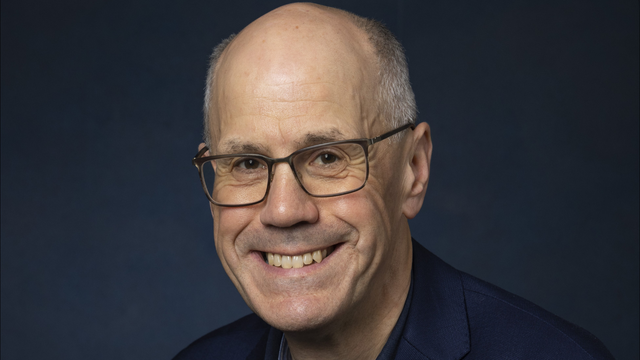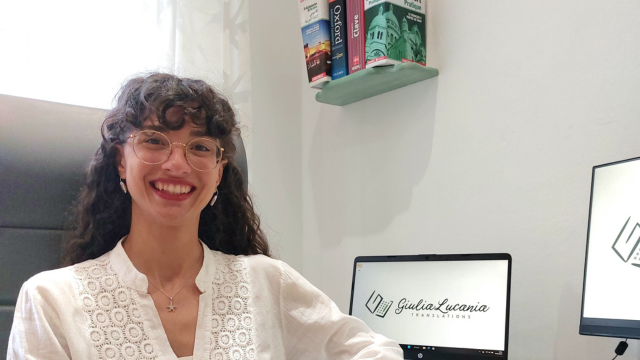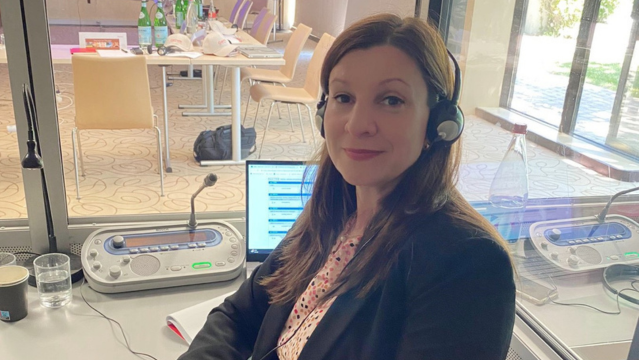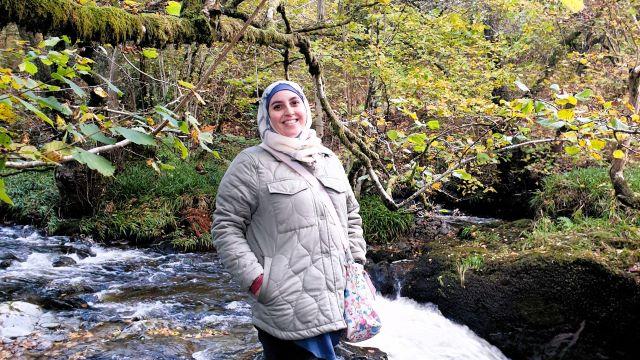-
QUALIFICATIONS
- NEW for Second Language Speakers
- For Linguists Worldwide
- For UK Public Services
- Preparation
- Policies & Regulation
-
MEMBERSHIP
- NEW for Language Lovers
- Join
- Membership grades
- Chartered Linguist
- Already a member?
- Professional conduct
- Policies
- Business & Corporate Partners
- TRAINING & EVENTS
-
NEWS & VOICES
- News & Voices
-
RESOURCES
- APPG
- Public Policy
- UK Public Services
- CERTIFIED ENGLISH
- Find-a-Linguist
Why languages are for life – musings of a retired linguist
 It was two years ago that I took my final leave of CIOL’s offices in Fleet Street, caught my last commuter train home and entered what the French call “le troisième âge”, the successor to childhood and a working adult life.
It was two years ago that I took my final leave of CIOL’s offices in Fleet Street, caught my last commuter train home and entered what the French call “le troisième âge”, the successor to childhood and a working adult life.
So what is life as a retired linguist really like? Well, the retired bit is easy – newfound time to read, an abundance of hours spent cycling, days out, art exhibitions, relaxed lunches with friends, and still time left over to pursue a myriad of other activities that four decades of work and family-raising always thwarted. I’ve sat in in the public gallery of a murder trial at the Old Bailey, toured disused railway lines of Somerset, enjoyed music festivals in the USA, crossed the Alps on two wheels, played summer croquet on our vicar’s lawn and finally, after 35 years, even found time to get married, despite some pretty stringent pandemic restrictions. For a self-confessed workaholic, it’s been a remarkably easy adaptation.
The linguist bit has been different but just as stimulating and actually a bit of a revelation. Oddly for someone intimately connected with language work for over 40 years, I have a real sense of rediscovery of my love for all things language and linguistics and have come to a new understanding of the choices that led me down that particular career route. Like many professionals, promotion and progression slowly took me further away from daily use of the practical skills in which I had originally qualified. My work in languages was replaced by work with languages. So by the time I retired, I had acquired a wide-ranging, detailed knowledge of languages and cultures from around the world that I had put to use to shape strategy and policy and that had helped to inform CIOL membership and qualifications decisions, but my active use of French, German and a smattering of Italian had been reduced to very occasional professional interactions or holidays and leisure activities.
My journey of rediscovery has been a joyful one. I now practise the “do as I say” of my language-teaching years and try to listen to 15-20 minutes of news in French and German every day. I last managed that sort of regularity somewhere back in the late 1990s but news items are such a great way to pick up current language and neologisms. For everyday French and a reminder of conversational slang there’s nothing like watching an episode or two of Engrenages (Spiral). The argot-infused banter between Laure and Gilou plunges me back immediately into the colloquial acquisitions of my year abroad. Occasionally, when time allows and my creative juices flow, I’ve been known to pick up an old Dip Trans paper and put my rather rusty skills to work recreating a French or German text in (hopefully) perfect English. Translation brings my love of languages together with my love of writing in a very satisfying and creative union. It has also revealed how varied my abilities are in each language as a result of learning and lived experiences. My French, learned at school and perfected at University, is wide-ranging, vocabulary-rich and particularly strong in 19th century poetic symbolism and medieval art and literature! My German in contrast, learned at school but chiefly acquired while living and working for Siemens in Baden-Württemberg in my early twenties, is very much more applied and practical – sorting a TüV (MOT), renewing an Aufenthaltserlaubnis (residence permit) or commissioning a plumber, absolutely no problem! My most common language practice arises from an ‘exchange agreement’ I share with an accountant friend who owns property and a boat in the south of France. My half of the deal is to handle his French correspondence, contracts, bills, letters, phone calls, and in exchange he takes care of and sorts all my tax matters. It works well and I can honestly say that in the last two years I’ve learnt more French terminology for technical parts of yachts than I ever knew existed!
The distinction between daytime and evening, or week and weekend, remains deeply ingrained and persists. During darker winter evenings and Covid restrictions I turned to programmes like Dix Pourcent (Call my Agent) and La Casa en Papel (Money Heist) to satisfy my linguistic cravings. My husband is currently setting his mind to the task of learning Spanish and he likes nothing better than trying to beat the subtitles to a translation! Being competitive, I find myself trying as hard as I can to get there first using my French and Italian– there’s nothing like a bit of linguistic jousting to raise the motivation to learn.
But retirement has not all been about leisure. There is more time than ever to study and learn and another real joy has been having the time to explore the rich and diverse offering of language webinars and podcasts. I’m loving having the time to dig back deep into areas of language and linguistics that I first explored in my youth as well as to properly explore current language trends and future innovations. All of course, without the impediment that a regular work commitment inevitably brings. Which brings me to the immensely rewarding work I still do on behalf of CIOL as a Fellow and volunteer. I love the opportunity to talk to students (the linguists of the future) and I’m really chuffed to be active alongside former colleagues and other CIOL members on the Membership Committee. And there’s always the annual CIOL conference to look forward to with a chance to catch up with colleagues and friends as well as developments in the profession.
The one thing my ‘retired’ routine does not yet have in it is a new language, an aspiration I had always envisaged retirement would bring to fruition. But where to start and which to choose? Recent research shows a real cognitive benefit to language learning, especially as we get older, so a retirement that has time for immersive language courses in far flung corners of the globe seems a great way of satisfying a desire for language and travel as well as good health.
So I may be retired, may even occasionally miss working, but as you can see the linguist within me is not only alive and well but actually sublimely happy and thriving. All because of the new space I’ve found for languages in my life.
Ann Carlisle FCIL is the former CEO of the Chartered Institute of Linguists and CIOL Qualifications
Views expressed on CIOL Voices are those of the writer and may not represent those of the wider membership or CIOL
Filter by category
More
The Chartered Institute of Linguists (CIOL), Incorporated by Royal Charter, Registered in England and Wales Number RC 000808 and the IoL Educational Trust (IoLET), trading as CIOL Qualifications, Company limited by Guarantee, Registered in England and Wales Number 04297497 and Registered Charity Number 1090263.








